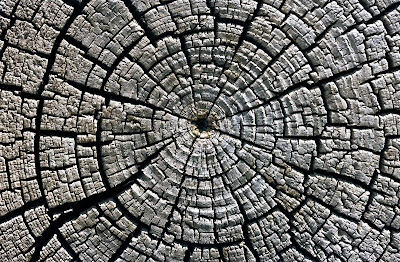by David Chorlton
"To me, when someone asks, 'why would you want to go?'
all I can think of is, why wouldn't you want to go?" she added.
-Leila Zucker, one of the 100 Mars One finalists
selected to train for a mission to Mars
A room is waiting
in a place where the wind
has nothing to hold on to,
where it’s colder than Fargo
at Christmas and the atmosphere
is so thin there’s never any rain,
just an occasional shower of snowflakes
that turn into illusions
before they can touch ground.
It has a bunk that rocks on thunder,
windows so small they reveal
only specks of the surroundings,
and furnishings in a gray
that chills the eye. This
could be home
for anyone seeking answers
to questions a monk once asked
in his medieval cell. Voices
marinated in persuasion
offer invitations to be a part
of history . . . to inspire people
around the world and make
isolation as attractive
as embarking on a tour with all
meals provided, time to relax
and read, play games, write, paint
work out in the gym, watch TV,
use the Internet, contact friends at home
as life becomes more and more
like fingering a tiny device with a screen
to busy your hands while sitting
on a bus you can never get off.
Who has what it takes
never to return?
Who will seek claustrophobia
in the midst of boundless
space? Who has what it takes . . .
Who believes our future
cannot be confined
we must explore and look up
court death by radiation
or life
so deep in boredom
the only consolation
is that . . . . the future
belongs to those who believe
in the beauty of their dreams
even
if the dreams come quietly
and turn into a nightmare
at the moment
of the ultimate goodbye,
in realizing a particular tree is the last
you’ll ever see; the mailman
won’t stop at your house again;
you’ll never hold money, hear
sparrows, go out
to a restaurant meal. Rivers
will finally have flowed off the edge
of the Earth, we’ll be back
to the first of all questions: where
are we from? As if the answer
could be found by going
where nobody belongs.
David Chorlton came to Arizona in 1978 after living in England and Austria. He has spent more than three decades stretched between cultures and writing poetry, the pick of which has just appeared as his Selected Poems, from FutureCycle Press.
















